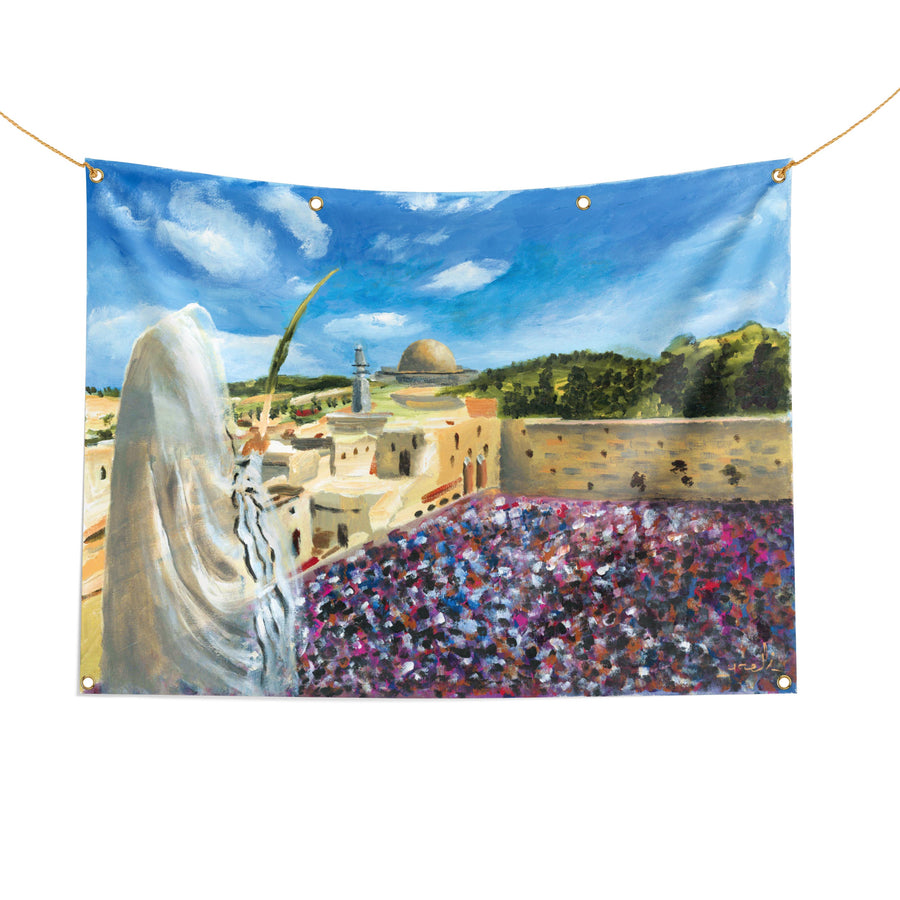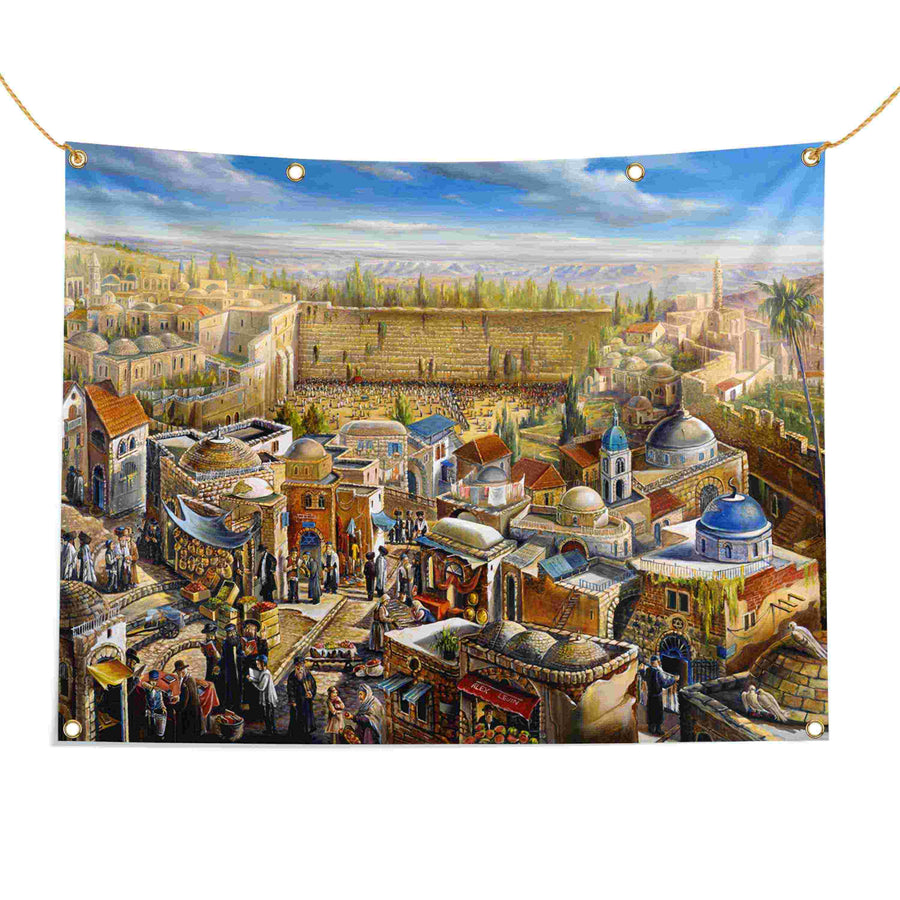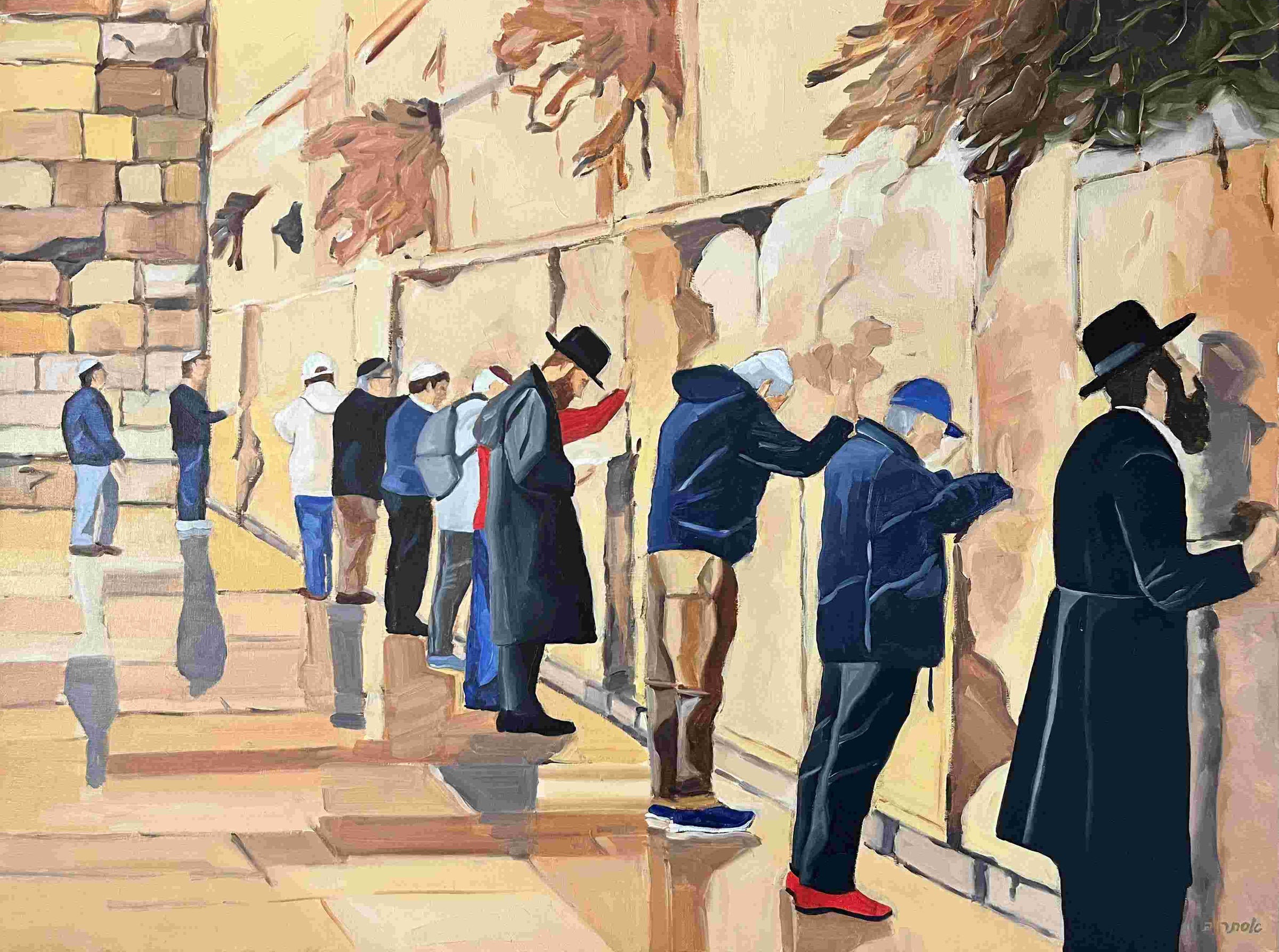

Table of contents
If one thing is certain in Jewish life, it’s that the weeks before Passover come with enough halachic (Jewish legal) questions to fill an encyclopedia – plus three group chats, two competing WhatsApp voice notes, and one neighbor insisting that you’re doing literally everything wrong.
So as Passover 2026 approaches (remember: Pesach 2026 dates are April 1–9, 2026), here’s a friendly, conversational tour through some of the surprisingly common questions people ask every year. Yes, they’re real questions. And yes, people care deeply about them.
Grab a cup of kosher-for-Passover coffee (you checked the label twice, didn’t you?), and let’s dive in.
1. Can You Eat Matzah on the Day Before Passover? (Spoiler: Mostly No)
Every year, someone discovers a bag of matzah on Erev Pesach – the day before Passover – and thinks: “Waste not, want not.”
Cue immediate panic.
Traditionally, eating regular matzah on the day before Pesach is prohibited so that the mitzvah of eating matzah at the Seder feels special, noticeable, and not like something you just had for breakfast 20 minutes earlier (Shulchan Aruch Orach Chaim 471:2).
But what about matzah made on purpose NOT to be used for the mitzvah?
Some halachic heavyweights of the medieval period – like the Meiri and Rabbeinu Manoach – ruled that matzah made shelo lishmah (“without the required intention for the mitzvah”) could actually be eaten on Erev Pesach. Since this matzah isn’t valid for the seder anyway, it wouldn’t diminish your excitement that night.
Others disagreed, arguing that if it tastes like matzah and crunches like matzah, it should be banned like matzah. Taste matters.
Fast-forward several centuries, and modern authorities similarly debated the idea. Some permitted it; others thought the whole concept was playing with fire – symbolic, chametz-avoiding fire.
Bottom line?
If someone really wants to nibble matzah on March 31, 2026 (the day before Pesach), the answer depends on community tradition and rabbinic guidance. But for most people, the minhag (custom) is simple: just don’t.
There are safer snacks.
2. The Great Pesach Egg Panic: Can You Buy Eggs During Passover?
If you’ve ever seen someone in a grocery store frantically clutching eggs on the eve of Passover like it’s the last lifeboat on the Titanic, here’s why.
Some are convinced that eggs purchased on Pesach are problematic because chickens are fed grain that might become chametz. Chametz, of course, refers to leavened products from the five grains that rise when mixed with water.
But halachically, eggs are not chametz, nor do they become chametz because the chicken enjoyed a wheat-flavored lunch.
Many poskim (rabbinic authorities) rule that eggs are totally fine to buy during Passover if the eggs come from non-Jewish farms.
Why? Because non-Jews are not prohibited from owning chametz, so there’s no issue of benefiting from chametz under their control (Beit Efrayim Orach Chaim 35).
Others raise concerns about the ink used on stamped eggs, since some inks contain alcohol derived from grain – which sounds worrying until you learn that the alcohol evaporates instantly and poses no halachic issue whatsoever. Kashrut agencies such as the London Beth Din explicitly state that all eggs may be used on Passover without concern.
So if someone needs to restock eggs on April 3, 2026, mid-Pesach, it’s okay. No one will kick down your door shouting “Chometz!” like a Jewish SWAT team.
Bottom line:
Buy eggs before or during Pesach. Either is fine, and breakfast can proceed as usual.
3. Do Some People Avoid Dairy Entirely on Pesach? Apparently Yes – But Not for the Reason You Think
Here’s a fun one: ever met someone who doesn’t eat dairy for all eight days of Passover?
Turns out, some families – especially in Eastern Europe – had a custom to avoid dairy not because of deep mystical kabbalistic reasons, but because they didn’t want to buy a whole extra set of dishes.
Before modern refrigeration, milk spoiled quickly. Animals were milked every day – including during Passover – which led some to worry that milk obtained on Pesach might contain microscopic traces of chametz from animal feed. But “microscopic chametz fear” is not a technical halachic term.
In practicality, many households simply skipped dairy because juggling two full sets of Passover cookware was expensive or impractical. Today, with disposable everything, the custom persists in some homes mostly as nostalgia and partly because switching menus for a week is kind of refreshing.
Bottom line:
If you spot someone declining a coffee with milk during Pesach 2026, they’re probably following their family’s tradition – not a universal prohibition.
4. Is It Okay to Shop in Stores That Contain Chametz During Passover?
This question makes Passover shoppers imagine dramatic halachic scenarios:
Walking past a bakery – “Have I sinned?”
Reaching for kosher-for-Passover apple juice next to a display of bagels – “Have I ruined everything?”
Accidentally seeing a box of Cheerios – “Should I look away?”
Good news: the Torah says “no chametz shall be seen for you” (Exodus 13:7). The key word is lecha (“for you” or “in your possession”).
This means:
You may not own chametz.
You may not be responsible for chametz.
But you can see someone else’s chametz.
As long as a Jew does not buy it, own it, or store it, walking past shelves full of it is perfectly fine (Rambam, Hilchot Chametz u’Matzah 3:1).
So yes – you can absolutely shop during Passover. Just stick to buying the items you intend to bring home without inadvertently adopting a stray loaf of bread.
Bottom line:
Supermarkets do not become forbidden territory. Only the chametz aisle does.
5. Why Is Passover Seven Days Long?
This is the kind of question a mildly confused relative always asks at the Seder.
“Wait… if we left Egypt on Day 1, why are we still celebrating on Day 7?”
Well, for starters, the Exodus story didn’t wrap up neatly in 24 hours. The Israelites were still being chased by Pharaoh's army for a week. The splitting of the sea – arguably one of the most dramatic miracles in Jewish history – happened on the seventh day of Pesach (Shemot Rabbah 19:7).
So Pesach celebrates not just leaving Egypt but the completion of the journey to freedom.
Other explanations include:
Seven days is the classic Biblical festival length. Rambam notes that a week is a complete cycle of time – longer than a day, shorter than a month, symbolically resonant (Moreh Nevuchim 3:43).
Eating matzah for seven days makes the mitzvah visibly meaningful. Eating something for two days could just be coincidence. Eating it for a full week? That’s clearly intentional (Moreh Nevuchim 3:43).
Bottom line:
Freedom takes time. Seven days, to be exact.
Final Thoughts: Your Calm, Non-Panicked Pesach 2026
As Passover 2026 dates (Pesach 2026 dates) from April 1–9 approach, remember:
Most food-related panics have halachic solutions.
You can shop.
You can buy eggs.
Dairy is optional, not forbidden.
And unless you’re deliberately manufacturing “invalid matzah,” stick to the usual Erev Pesach practice and save that crunch for the Seder.
Pesach is, at its heart, a celebration of liberation – and if one can liberate themselves from unnecessary stress, all the better.
Chag sameach, and may your Pesach 2026 be joyous, chametz-free, and significantly less dramatic than the group chat makes it sound.












